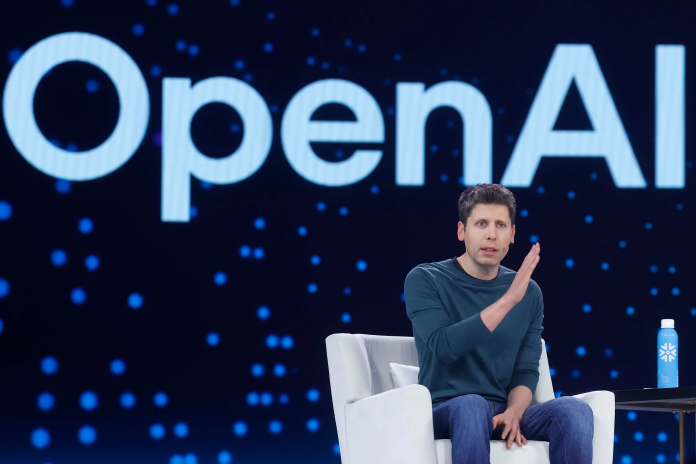OpenAI is exploring a share transaction that could value the artificial intelligence pioneer at approximately $500 billion while enabling current and former employees to liquidate holdings worth billions, according to Reuters.
The potential sale would mark a dramatic ascent from OpenAI’s current $300 billion valuation, reflecting both explosive revenue growth and intensifying competition for AI talent.
The proposed arrangement, structured as a pre-IPO liquidity event, would permit staff to divest substantial equity stakes ahead of any public offering. This initiative follows OpenAI’s primary funding round announced earlier this year targeting $40 billion, spearheaded by Japan’s SoftBank Group.
While SoftBank must finalise its $22.5 billion commitment by year-end, remaining subscriptions are anchored at the existing $300 billion valuation, the source confirmed.
OpenAI doubled revenue during 2025’s first seven months, achieving a $12 billion annualised run rate. The company projects this will reach $20 billion by December, with weekly active users for ChatGPT products surging to 700 million from 400 million in February.
Concurrently, a fierce battle for technical specialists is raging across the sector. Meta’s multi-billion-dollar pursuit of Scale AI’s 28-year-old CEO Alexandr Wang, intended to lead its superintelligence unit, epitomises the premium placed on leadership. Private firms including ByteDance, Databricks, and Ramp have similarly leveraged secondary share sales to retain talent and realign valuations.
Existing investors led by Thrive Capital are reportedly negotiating participation in the employee share sale. The transaction aligns with broader corporate reorganisation efforts to transition from OpenAI’s capped-profit model toward a conventional structure facilitating eventual public markets entry.
Industry analysts observe the mooted $500 billion valuation signals investor confidence in OpenAI’s monetisation trajectory. If achieved, it would position OpenAI among the world’s five most valuable companies, trailing only Microsoft, Apple, and Saudi Aramco.
